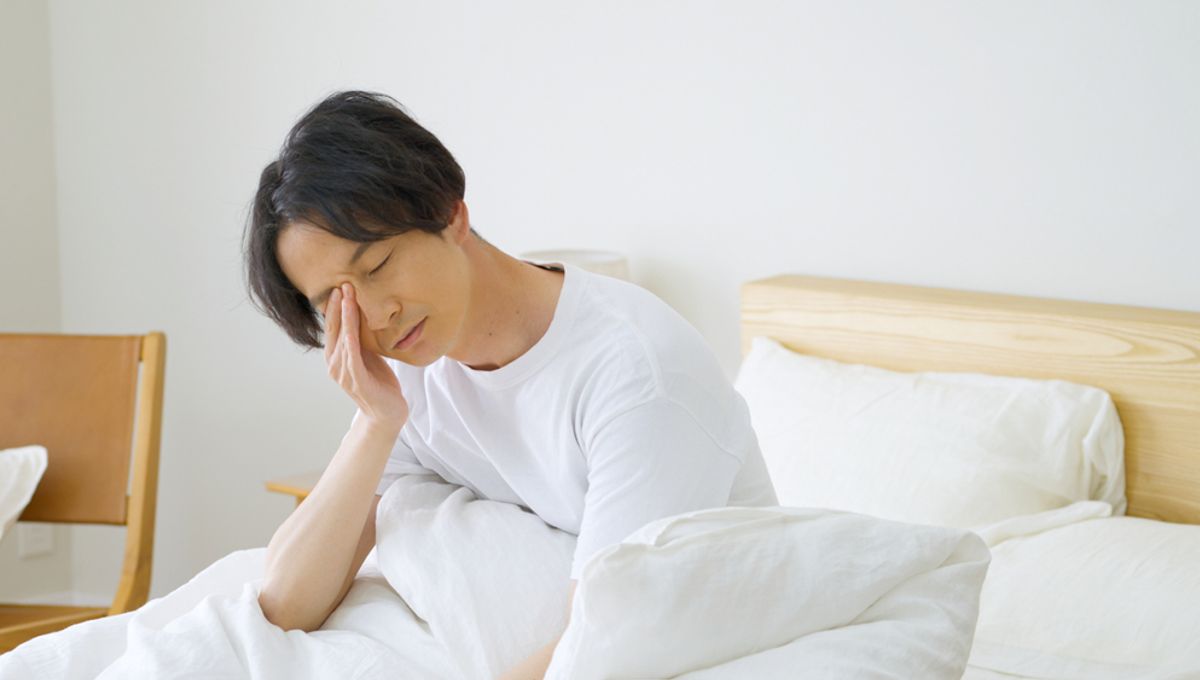
If you are currently suffering from an unending state of sickness that seems to have engulfed almost everyone, you are certainly not alone. Whether it be COVID-19, the flu, or any of the other cold-like viruses that are currently surging in the winter, it seems that the feeling of bunged-up noses and scratchy throats may not be going anywhere for now.
You may have noticed, however, that your cold seems to get better and worse depending on the time of day, and others are reporting the same thing. Most commonly, you wake up with worse symptoms, which then partially clear up throughout the day, only to get worse once more as you get to bed.
But why does this happen? Let’s find out.
Why do I feel worse at night?
Currently, the leading idea is that symptom severity is linked to our circadian rhythm, which is the innate ability of our cells to essentially tell the time. The circadian rhythm is incredibly important for daily cellular processes and can be affected by the amount of sleep and light we get each day. It also plays a critical role in the regulation of the heart and immune system.
While resting, the body uses the downtime to do a huge number of reparations, which is why sleep is so important after you’ve been to the gym. This also applies when you are ill – the body floods the blood with white blood cells called leukocytes, which result in a coordinated immune response against a disease. This can typically be seen in chronic diseases in which symptoms can get worse at night and better during the day, likely due to the immune system fighting infection (or being overactive, in the case of autoimmune disorders).
This, therefore, explains why our cold symptoms get worse as we settle down for a night’s sleep or wake up from rest – those symptoms are a result of an active immune system trying to stem the infection. Immune cells recruit other immune cells to the local area (for example, the throat), causing a wave of inflammation and cell death. Cells that are infected by viruses are killed, causing soreness in the affected tissues, and mucus floods the nose to join the fight. It’s a good thing, but it really doesn’t feel like it, and you wake up feeling like death because of the battle that is happening within.
There are other reasons you might feel worse at night. The first is simply gravity – when laying down, mucus builds up in the sinuses, causing pressure and headaches. As you stand up and clear your nose, you start to feel better and gravity helps out a lot more when you are upright. Alongside this, hormonal imbalances can be caused by lack of sleep at night and could also link to immune function, which can lead to a vicious cycle of sleepless nights and then feeling worse as a result.
So, be sure to get as much sleep as possible when ill, and when you next wake up feeling like your body hates you, try to remember it’s actually a good thing.
Source Link: Why Do You Feel Worse At Night When Ill?